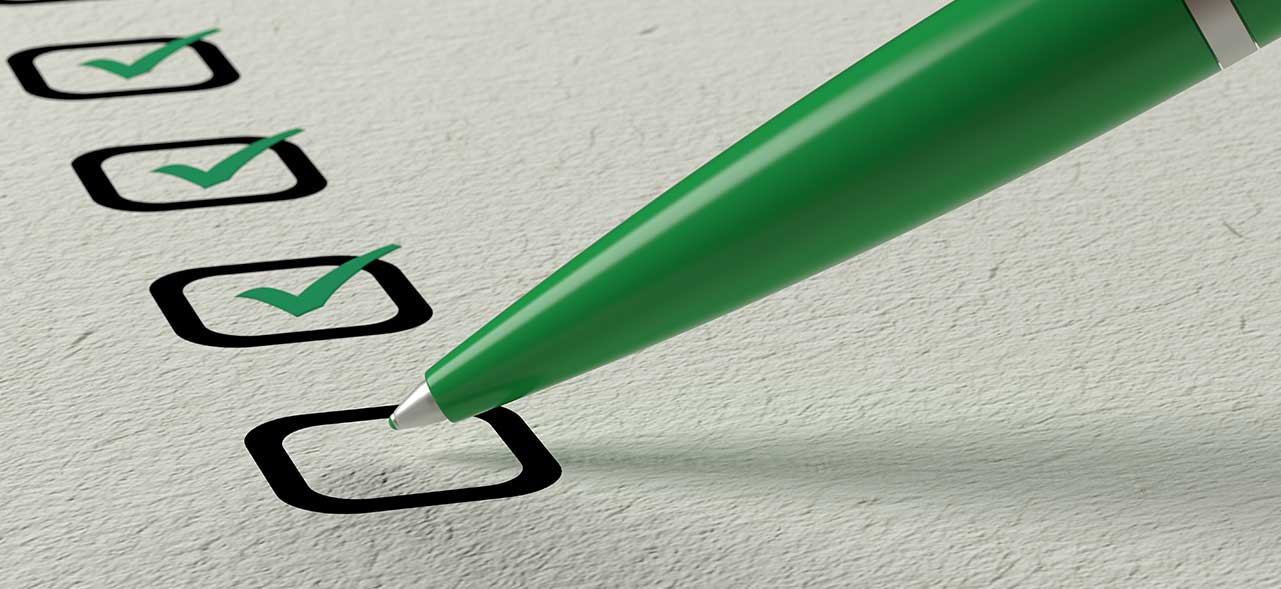
M&A Fee Guide 2023-2024
For the third year running, Axial partnered with Firmex and Divestopedia on the annual M&A Fee Guide, the authoritative source…
For most entrepreneurs, securing a business loan is an exciting step. It means you’ve launched your company, have a product or service you think you can scale, have a few customers to get you off the ground, and can see a promising future that involves monetary success.
Asking for money, though, can be little daunting. True startups—those that have an idea and no product or customer—often turn to angel investors or go to the Small Business Administration (SBA) first for financing.
“Normally, startups don’t find their first round of financing at a bank, unless the company already has an outside source of income,” says Lynne Herndon, EVP, Commercial Banking Segment Executive for BBVA Compass.
Banks can give established companies a much-needed financial boost and help them get to the next step— whether it’s hiring another employee, purchasing new equipment, expanding a product line, or moving into a new office space.
Here, we break down a few things to bring to your business loan meeting.
Your resume and company history
All banks will want to know more about you, your management team and the origin story of your company before granting you a loan. It’s a good idea to provide this in a written format (PowerPoint is also acceptable)—explain the resumes/titles of everyone on your team, the history of your company and why you are looking for a loan. It’s also important to present a well-thought-out business plan.
Annual company financial statements
“A bank will want to see three years worth of annual financial statements,” says Herndon, adding that banks often prefer professionally prepared financial statements. “Many banks will have thresholds for size; a really small loan won’t necessarily require a high-quality financial statement done by a CPA. But a larger company asking for a larger loan—those will often require audited and professionally prepared financial statements.”
Simply handing over your financial statements (this includes tax returns) isn’t enough. These statements need to show your company’s track record, that you’ve been making (not losing) money, if you’ve previously enlisted the help of outside investors, etc.
Personal financial statements and income tax returns
Entrepreneurs who solely own their business are often required to take “personal recourse” (i.e. collateral) for the repayment of loans.
“This means he or she will be personally responsible if the company can on longer pay down the debt; the business owner will need to sign a guarantee of debt,” Herndon says.
For this reason, entrepreneurs must hand over their own financial statements and personal tax returns as part of the bank loan process to ensure that they have the right amount of assets (homes, cars, etc.) to allow the bank to recoup the loan, should anything go wrong with the business.
Legal documents
Bring any licenses, contracts, leases or business registrations to your business loan meeting. A loan officer will want to see that you’ve kept meticulous records of all transactions.
Bonus tip: Pay attention to a loan’s structure
Business loans vary wildly, so it’s important to do your homework in advance and come prepared with questions.
“Often business owners are surprised by the structure of a loan,” says Herndon. “A line of credit may have a five-year maturity or sometimes even a one-year maturity, which is when you must pay back the loan. It’s also good to know the difference between a line of credit, which involves working capital; and a term loan which can involve equipment purchases and real estate purchases.”
This article was originally published by BBVA Compass on its Commercial Banking Strategies blog. Read the original post here.
